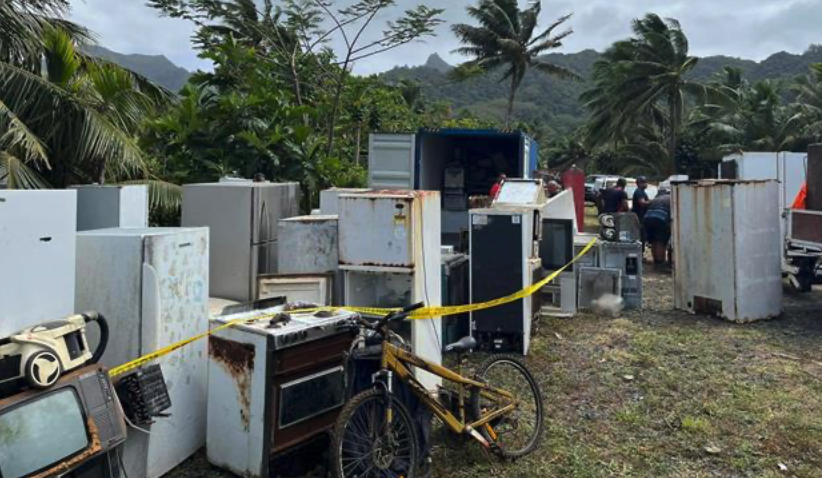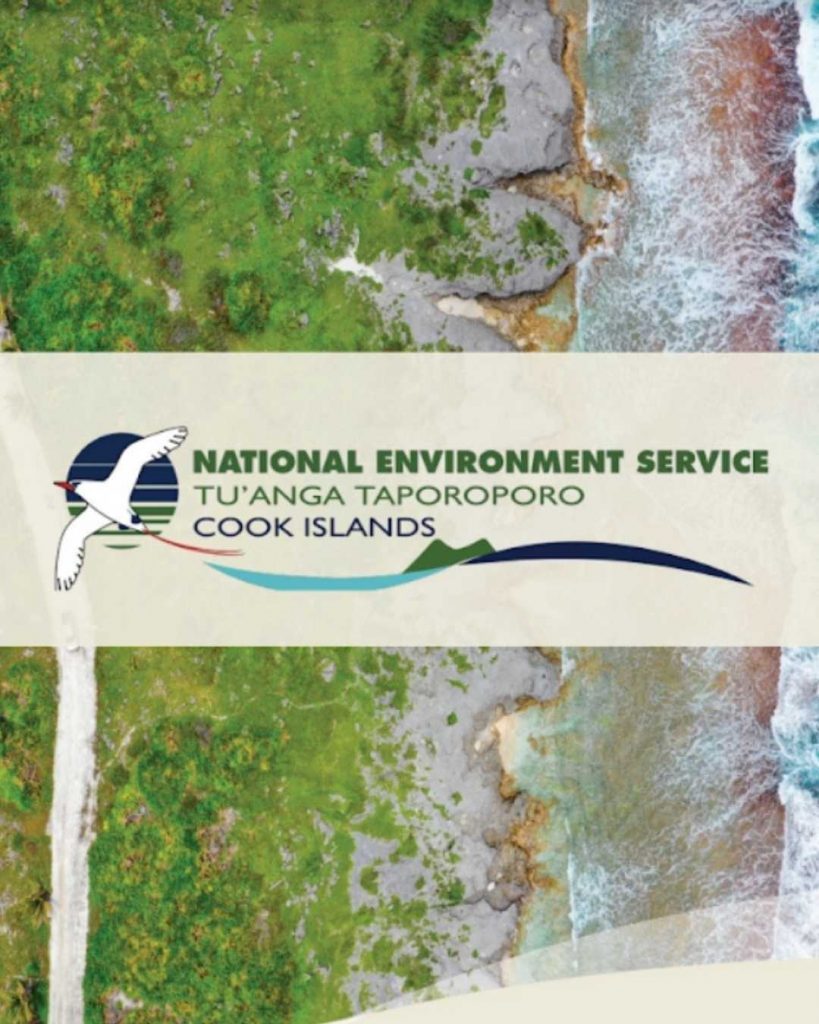Heads of delegation for twenty nine member states met in Glion, Switzerland, to share views and ideas in preparation for the Fourth Session of Intergovernmental Negotiations Committee (INC-4) to establish a legally binding treaty to end plastic pollution, which will take place in Ottawa, Canada, from 23 to 29 April 2024. Halatoa Fua, NES Director, was invited to participate in the discussions.
Since plastics was produced in the 1950s, plastic waste and pollution is visible in all corners of the Earth – our land, waterways, oceans and most remote islands and mountains. A plastics crisis has reverberated in every country’s political agenda, national policies, right down to our local communities. As reported by the National Institute for Sustainable Development, “Approximately 8.3 billion tonnes of plastic have been produced since the 1950s. Between 8 million and 12 million tonnes of plastic leak into the marine environment each year – a number that is expected to more than triple by 2050”.
This meeting was critical in preparing the heads of delegation for the INC-4 to curb the plastic crisis through a comprehensive treaty that addresses the full lifecycle of plastics. The group had robust discussions on the structure of the negotiations and the revised zero draft of the instrument. The INC Secretariat discussed some of the logistics and planning for the INC-4 including the side events and regional consultations taking place in all regions.
The delegates deep dived into technical discussions on chemicals of concern, problematic and avoidable plastic products, and managing the plastic production levels. The group discussed ways that the INC-4 can progress the draft text of the treaty through streamlining to have a concrete basis for negotiations. The format of the contact groups, organisation of work and other scenarios was debated to ensure the heads of delegation are well prepared for the negotiations ahead in INC-4.
Halatoa Fua stated ‘the linkage of climate to plastic production was raised at the meeting, as the trajectory of plastic production is not compatible with the 1.5°C goal of the Paris Agreement. It is projected that plastic production will consumer 13% of the Earth’s remaining carbon budget by 2050. Plastic production is 99% fossil-based and it is unfortunate that the number of new plants to produce plastics will continue to grow’.







